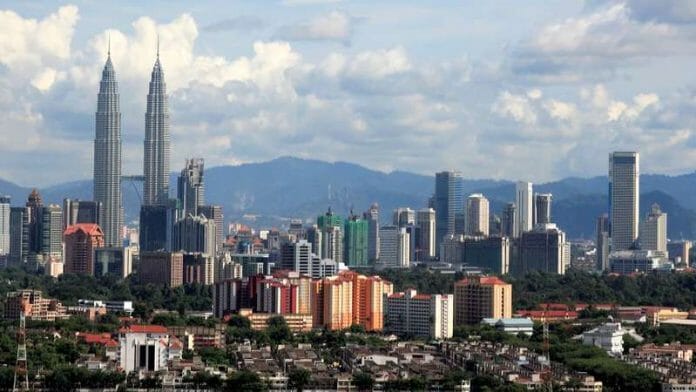Fitch Solutions Country Risk & Industry Research has maintained their forecast for Bank Negara Malaysia to cut its policy rate by 25bps to 1.5 percent by end-2021 in order to support the economy against the impact of the third wave of Covid-19 measures.
“Indeed, rising fiscal constraints means that Bank Negara Malaysia (BNM) will have to use its policy space to aid the recovery. Given that inflation is likely to remain low due to the economic disruption, BNM will be able to reduce interest rates without stoking price pressures.
“Our forecast is still subject to downside risks and depending on the full extent of the fallout from the lockdown over the coming months, BNM could cut interest rates more,” the research house said.
The Monetary Policy Committee (MPC) of Bank Negara Malaysia (BNM) decided to maintain the Overnight Policy Rate (OPR) at 1.75 percent on May 6.
Fitch Solutions have also maintained their forecast of average inflation of 1.3 percent y-o-y this year and will continue to see a softer inflation outlook dur to the disruption and resulting spare capacity caused by the lockdown, although the extent of this softening will be mitigated by likely rising oil prices this year.
“Indeed, another round of strict lockdowns will likely be imposed more widely in our view, leading to even more spare capacity, even presenting some downside risks to our forecast. Therefore, while inflation picked up to 1.7% y-o-y in March from -0.2% y-o-y in January, we do not expect much upside price pressures over the coming months,” the research house added.
“Another key factor solidifying our conviction in our view for a rate cut is the lack of fiscal resources to enact stimulus to support the economy.”
The research house further said even if the government raises the debt limit for the second time since August 2020 to 65 percent of GDP, Putrajaya will be left with little room for further spending.
“Raising the debt limit further to 70% of GDP could have an outsized impact on investor confidence and is unlikely to be considered,” it said.









